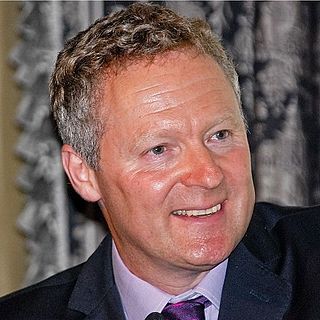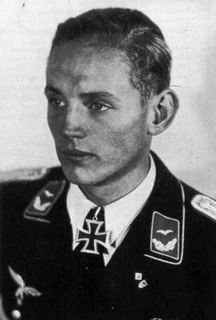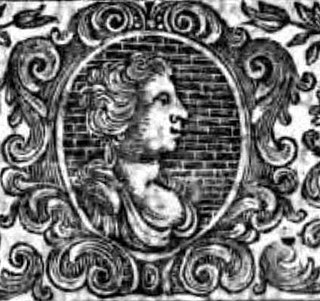A Quote by David Hume
Courage, of all national qualities, is the most precarious; because it is exerted only at intervals, and by a few in every nation; whereas industry, knowledge, civility, may be of constant and universal use, and for several ages, may become habitual to the whole people.
Related Quotes
These, then, are the qualities of my ideal diplomatist. Truth, accuracy, calm, patience, good temper, modesty and loyalty. They are also the qualities of an ideal diplomacy. But, the reader may object, you have forgotten intelligence, knowledge, discernment, prudence, hospitality, charm, industry, courage and even tact. I have not forgotten them. I have taken them for granted.
Unpleasant, even dangerous, qualities can be found in every nation and every individual: it is cruel to demand that the Jew be an exception. In him, these qualities may even be dangerous and revolting to an unusual degree; and perhaps the young stock-exchange Jew is altogether the most disgusting invention of mankind.
Among the innumerable mortifications which waylay human arrogance on every side may well be reckoned our ignorance of the most common objects and effects, a defect of which we become more sensible by every attempt to supply it. Vulgar and inactive minds confound familiarity with knowledge and conceive themselves informed of the whole nature of things when they are shown their form or told their use; but the speculatist, who is not content with superficial views, harasses himself with fruitless curiosity, and still, as he inquires more, perceives only that he knows less.
One thing I've learned is this: Never allow yourself to hate a people because of the actions of a few. Hatred and bigotry destroyed my nation, and millions died. I would hope that most people did not hate Germans because of the Nazis, or Americans because of slaves. Never hate, it only eats you alive. Keep an open mind and always look for the good in people. You may be surprised at what you find.
One good Man may take another's Word, if they so agree, but a whole Nation ought never to trust to any Honesty, but what is built upon Necessity; for unhappy is the People, and their Constitution will be ever precarious, whose Welfare must depend upon the Virtues and Consciences of Ministers and Politicians.
Sciences usually advances by a succession of small steps, through a fog in which even the most keen-sighted explorer can seldom see more than a few paces ahead. Occasionally the fog lifts, an eminence is gained, and a wider stretch of territory can be surveyed-sometimes with startling results. A whole science may then seem to undergo a kaleidoscopic rearrangement, fragments of knowledge sometimes being found to fit together in a hitherto unsuspected manner. Sometimes the shock of readjustment may spread to other sciences; sometimes it may divert the whole current of human thought.
But before any great things are accomplished, a memorable change must be made in the system of Education and knowledge must become so general as to raise the lower ranks of Society nearer to the higher. The Education of a Nation, instead of being confined to a few schools & Universities, for the instruction of the few, must become the National Care and expence, for the information of the Many.







































